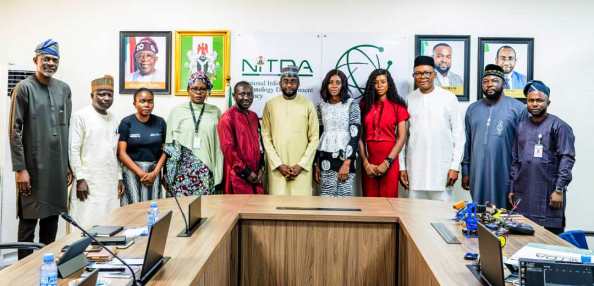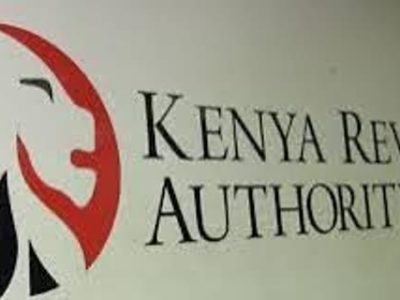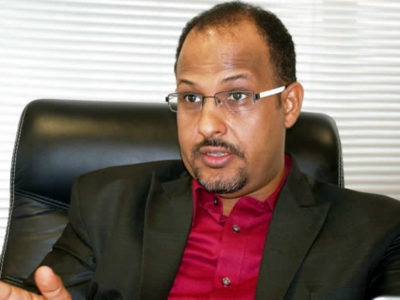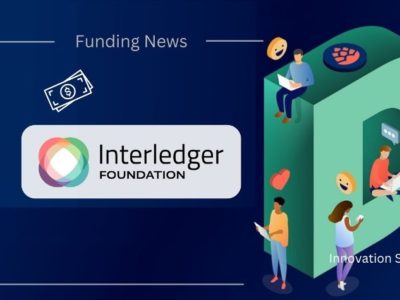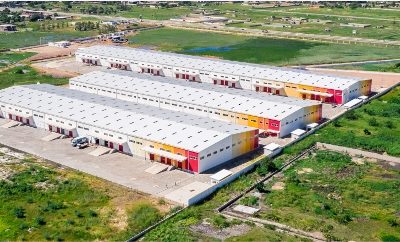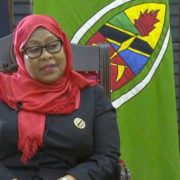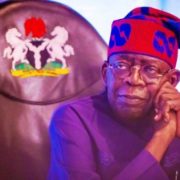The National Information Technology Development Agency (NITDA) has reaffirmed its commitment to achieving a 70% digital literacy level by 2027 through innovative approaches, continuous collaborations, and stakeholder engagement.
RELATED: NITDA and FCT-UBEB partner to boost digital literacy among Nigerian school children
Director General Kashifu Inuwa Abdullahi made this announcement while hosting representatives from Afre.lib Academy, led by Executive Director of Operations Mrs. Joice Gomina. The visit aimed to seek NITDA’s partnership for Afre.lib Academy’s upcoming bootcamps in August, the 2024 Tech and Career Expo themed “Tech for Earth” in September, and support for their Tech Challenge Winners.
Abdullahi outlined NITDA’s three-pronged strategy for enhancing digital literacy:
Formal Education: Collaborating with the Ministry of Education to revise the curriculum and incorporate digital skills. This involves training teachers and providing necessary equipment.
Informal Education: Launching the “Digital Literacy for All” initiative, which includes developing an Edtech platform (Learning Management System) to facilitate self-paced learning. The platform will be translated into Nigerian languages to make it accessible to non-English speakers.
Workforce Training: Enhancing digital literacy among government and private sector employees to boost productivity.
Abdullahi emphasized the importance of partnering with the National Youth Service Corps (NYSC) to reach a broader audience, leveraging NYSC’s presence in all 774 local government areas.
NITDA expressed full support for Afre.lib Academy, noting that both organizations share a vision of fostering IT development and digital literacy. Abdullahi stressed the need to align the Academy’s curriculum with the National Digital Literacy Framework (NDLF) and mentioned plans to establish at least one Innovation Hub per state to support learners in developing their proof of concepts.
Mrs. Gomina highlighted the Academy’s focus on bridging the gap between young digital natives and their teachers, who often use outdated methods. The Academy aims to mentor children and provide a safe space for exploring technology ethically.
“We want to shift from an entitlement mentality to one of citizenship and responsibility, showing children how they can contribute to nation-building through technology,” she said.
Afre.lib Academy’s activities include bootcamps for children, summer tech challenges, and teacher training. The visit concluded with a demonstration of prototypes developed by children trained by the Academy.
NITDA’s collaboration with Afre.lib Academy marks a significant step towards enhancing digital literacy and preparing Nigerian children for a technologically advanced future.


